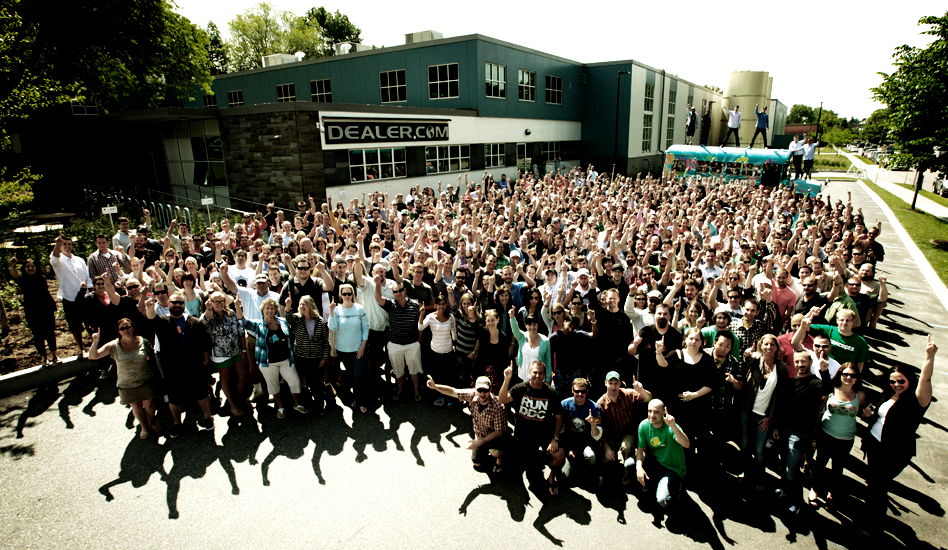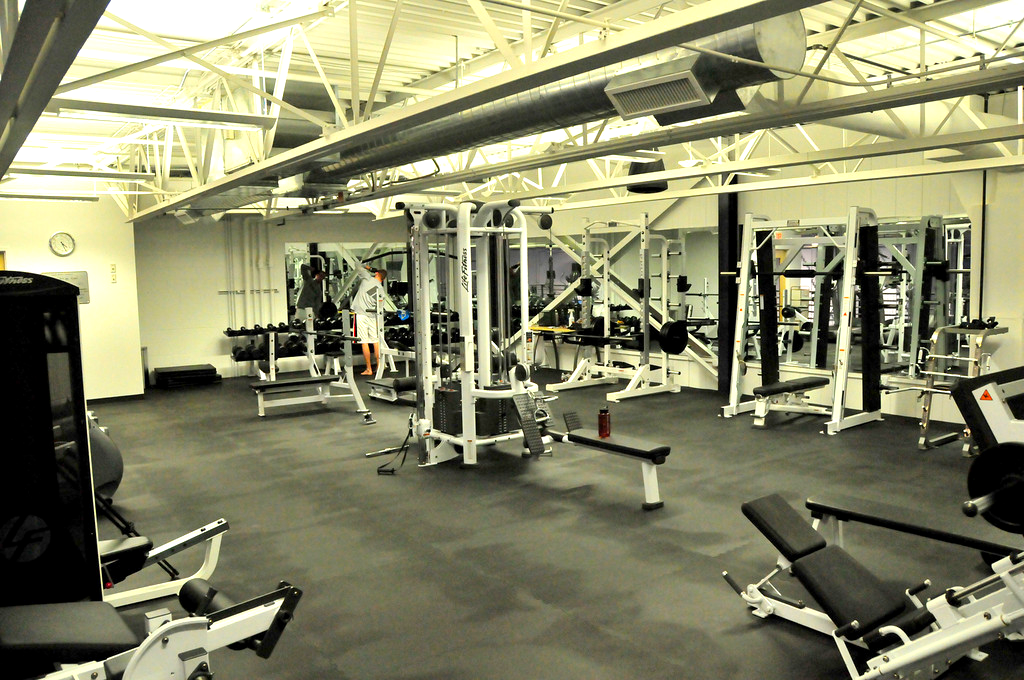Back on the Bright Side: Silicon Valley in Vermont
Why did this company end up on the shores of Lake Champlain, rather than on the San Francisco Bay or Puget Sound?

Before I got derailed with the modern nullification follies, my wife and I were describing some of the surprising successes of people, ideas, and organizations in Burlington, Vermont.
Burlington has a relatively thriving print newspaper; its airport is designed to lower rather than raise travel-stress levels; it has a vibrant downtown; its high-tech manufacturers, many descended from IBM's original decision to place a plant nearby, now serve customers around the world; its unemployment rate has stayed in the low-4% range, versus 7 - 8% for the country as a whole; as the largest city in one of the nation's whitest states, Burlington has been absorbing immigrants and refugees. Plus, it offers the elusive, magic-unicorn-like Heady Topper beer. There are problems here as everywhere, but for the moment we're trying to identify sources of resilience and success.
Because I've spent so much time over the years learning about (and in one case working at) info-tech and Internet firms in the usual-suspect places -- the SF Bay area, greater Seattle, Boston and environs, DC and New York -- one other Burlington story got my attention. This was Dealer.com, a very successful firm that provides an array of software and web sites for the auto-dealer industry. Its auto-dealer customers use its systems to market their dealerships and inventory, manage customer relations, handle their own back-end operations, and do a variety of other things that are not my focus now.
The company started in Burlington in the late 1990s, as Earthcars.com, and now employs some 800 people, still known as "Earthlings" in tribute to the original name. That's a company picture of some recent Earthlings, above. It has recently expanded into a huge former factory site in near-downtown Burlington and also has a branch operation in Manhattan Beach, California. (Cruelly, a video monitor in the Burlington office shows weather readings from Burlington and Manhattan Beach, side by side. Miraculously, on the day of or visit it was warmer in Burlington.) As of our visit last month, the company had already taken on 100 more people this year.
What I found most striking about the company was that, at a great physical distance from other info-tech centers, it seemed to have created the look, feel, culture, and texture of its counterparts on the West Coast. The Earthlings looked the same as their counterparts at Google, Twitter, or elsewhere; the internal layout of the offices was very similar; and if you didn't look out the windows to see northern New England scenery or Lake Champlain, you could have assumed you were in Palo Alto or downtown SF. [Here's a lobby -- all pictures from the company, since they have a no-photos-by-visitors rule.]

In keeping with the Google pattern, the on-site cafes are of course very nice. One I saw was named "Dot-calm." The exercise facilities too. One of the founders was a serious tennis player, so right on the main floor there is an indoor court. Yoga classes, weight rooms, and essentially anything else you would expect, under the larger umbrella of a "wellness" and life-balance program. The working areas had the tell-tale marks of the modern Internet firm: Developers with their very large vertically oriented monitors for their coding, program managers working out plans on wall-whiteboards in meeting rooms or glass-walled offices, long rows of customer-service people gesturing with their arms, or in one case tossing a ball, as they spoke via headsets.

Why is this important, or interesting? One of the surprising realities of modern Internet-centric industries is their clustered nature. In theory anyone can work from anywhere over a fast connection. In reality, software and Internet companies like to have their people working face-to-face, in the same structures. And the kinds of people who excel at these jobs tend to concentrate in the same few areas. Why go to San Francisco if you're starting a tech company? Because so many of the people, suppliers, designers, etc you'd want to work with are already there. Why go to San Francisco if you're looking for a tech job? Because so many people starting or expanding companies are going there. And because the presence of other people like you has made it an attractive place to live. [Rooftop garden at Dealer.com, for nice-weather days.]

Of course there are advantages in dispersal -- real estate costs usually the biggest one. But the advantages of clustering and concentration are significant. And that is why the willed creation of such an environment many hours away from really big cities is impressive and unusual. Every city wants to attract or incubate fast-growing high-tech companies. Not a lot actually do.
How has Dealer.com sustained this culture, in Burlington? Alison Von Puschendorf, the company's communications director, who showed us around when we showed up unannounced, said that there were two crucial screening or pre-qualifying standards. Recruiters were always on the lookout for people with any Vermont connection -- family, university, imaginative. And they would learn a lot during the first winter and the first real immersion in smaller-town culture amid a beautiful natural setting. "People either really like the location and the smallness, or they really don't," Von Puschendorf said. Evidently enough people did like it to allow the company to serve a national market from a remote corner of the country, and to create a large enough tech community to put their mark on the town.
So here is one more thread we are following: how, exactly, dispersed locations make themselves attractive to today's fastest-growing and most successful industries. More examples coming next.